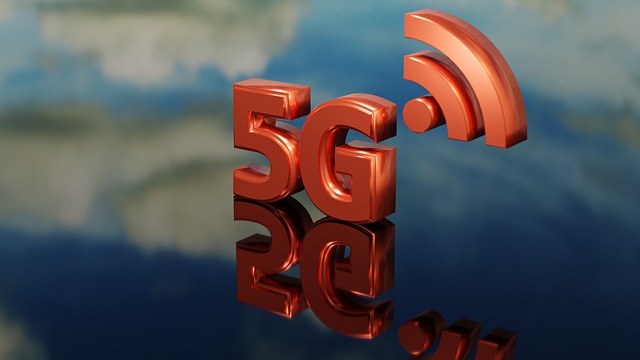Examining the Challenges and Opportunities of 5G Implementation
One of the main challenges faced in the implementation of 5G networks is the need for significant infrastructure upgrades. Unlike previous generations of wireless technology, 5G requires a denser network of small cells to handle the increased data capacity and faster speeds.
This means that telecom companies will need to invest in the installation of numerous small cell sites, which can be a complex and time-consuming process. Additionally, the existing infrastructure might not be able to support the power and bandwidth requirements of 5G, necessitating costly upgrades.
Another challenge is the potential for interference from other devices and technologies. As 5G operates in higher frequency bands, it is more susceptible to interference from obstacles such as buildings and trees.
This can result in reduced signal quality and coverage, especially in urban areas where tall buildings and dense foliage are prevalent. Furthermore, the proliferation of Internet of Things (IoT) devices and the increasing reliance on wireless communication in various sectors introduce the risk of interference from other wireless devices, potentially impacting the performance and reliability of 5G networks.
Looking Ahead: How 5G Will Shape Future Technological Advancements
The implementation of 5G technology is set to have a profound impact on future technological advancements across various industries. One area that is expected to benefit significantly from 5G is the Internet of Things (IoT).
With its ultra-low latency and high data speeds, 5G will revolutionize the way IoT devices communicate and interact with each other. This will unlock a whole new realm of possibilities for smart homes, smart cities, and even autonomous vehicles, enabling them to seamlessly connect and exchange vast amounts of data in real-time.

Another area where 5G is expected to shape future technological advancements is in the field of virtual and augmented reality (VR/AR). The combination of high bandwidth and low latency provided by 5G will enhance the immersive experience of VR/AR applications, making them more accessible and widespread.
This will not only impact the gaming industry, but also various sectors such as education, healthcare, and architecture, where VR/AR can be used for training, simulation, and visualization purposes. With 5G, we can expect to see a new wave of innovative and interactive VR/AR experiences that were previously limited by the constraints of existing networks.
The Societal Implications of 5G: Privacy, Security, and Ethical considerations.
The advent of 5G technology has brought about a plethora of societal implications, particularly in the realms of privacy, security, and ethics. With the faster speeds and increased connectivity promised by 5G, there are concerns about the potential breach of privacy. As more devices become connected to the Internet of Things (IoT), the amount of personal data being transmitted and collected grows exponentially.
This raises questions about how this data will be stored, used, and protected. Additionally, there are concerns over the security of 5G networks, as they become more complex and interconnected, making them potentially vulnerable to cyber attacks. The increased reliance on 5G technology also raises ethical considerations, such as equity and access. As more services and opportunities become dependent on 5G, there is a risk of leaving certain populations behind, exacerbating existing digital divides. These societal implications highlight the need for careful consideration and regulation as 5G continues to be implemented.
